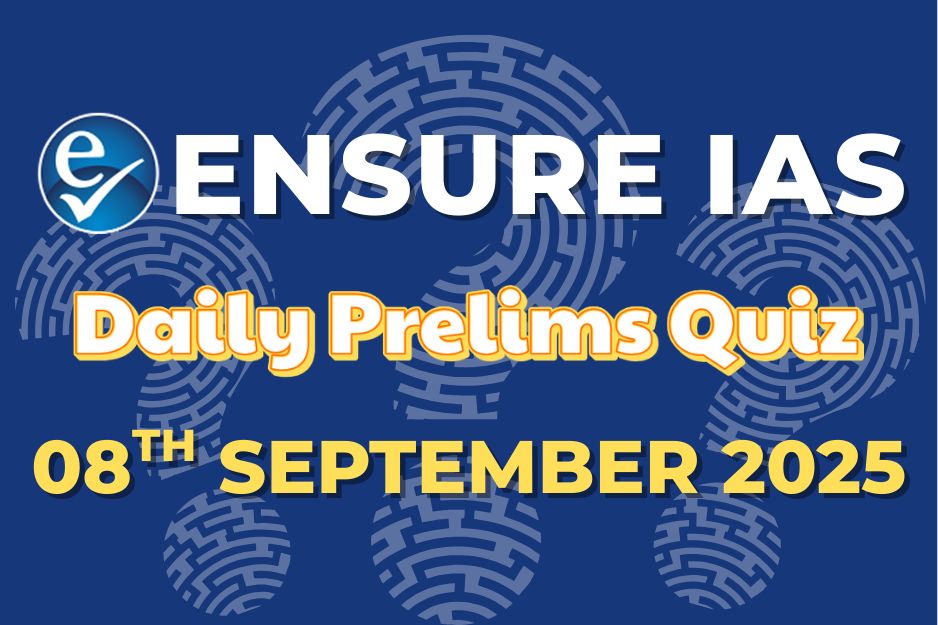Q5. Consider the following statements about the procedure for granting parole in India:
- Parole is granted by the judiciary, and not by the executive authorities.
- Parole is a right of the prisoner and can be claimed as a matter of right.
- The purpose of parole includes facilitating the prisoner’s reintegration into society.
- Parole decisions are solely based on the behavior of the prisoner during their incarceration.
How many of the statements given above are correct?
Answer: A [Only one]
Explanation: Statement 1 is incorrect: In India, parole is granted by the executive authorities (i.e., the state government or prison authorities), not the judiciary. The judiciary may be involved in some cases where it orders parole or gives directions, but the actual granting of parole is typically an administrative decision made by the executive based on the provisions of the Prisoners Act, 1900, and the state-specific parole rules.
Statement 2 is incorrect: Parole is not a matter of right; it is a privilege that can be granted based on specific conditions. Parole is not automatic and is subject to various conditions, including the nature of the offense, the behavior of the prisoner, and the prisoner’s likelihood of re-offending. It can be denied if the authorities believe that granting parole is not in the interest of justice or public safety.
Statement 3 is correct: Parole is granted with the objective of rehabilitating the prisoner and helping in their reintegration into society. Parole allows the prisoner to spend time outside the prison, usually under supervision, to maintain family ties, find employment, and prepare for reintegration into the community. This is in line with the rehabilitative philosophy of prison reform.
Statement 4 is incorrect: While the behavior of the prisoner during incarceration is an important factor in deciding whether to grant parole, it is not the sole consideration. Other factors, such as the nature of the offense, the likelihood of the prisoner committing another crime, and whether the prisoner poses a threat to public safety, are also taken into account. The parole decision may involve a broader assessment of the prisoner’s readiness to reintegrate into society.
